Of Destiny Rescue’s (an organisation whose rescue work in Thailand, Cambodia, Nepal and the Philippines Child Rescue helps fund) three African Rescue Nations, they’ve operated in Uganda the longest, pulling children from the darkness of exploitation into the light of freedom. During that time, they’ve learned a lot about what forces kids into sex trafficking.
Most of the children they help in Uganda are rescued from what they call “survival situations.” These kids face crippling, multidimensional poverty to an extent that can be difficult to imagine for many. Because they walk a razor-thin line between survival and starvation, even the smallest expense can be enough to force kids into exploitation.
Time and again, survivors tell devastating stories that begin with a need for the same simple necessities. Today, we’ll discuss four of the most common financial needs that act as the catalyst for exploitation.
1. School Fees: she wanted an education
In Uganda, primary education isn’t free. Children must pay yearly fees to attend school. And when children are fighting to survive, their education is often the first expense sacrificed.
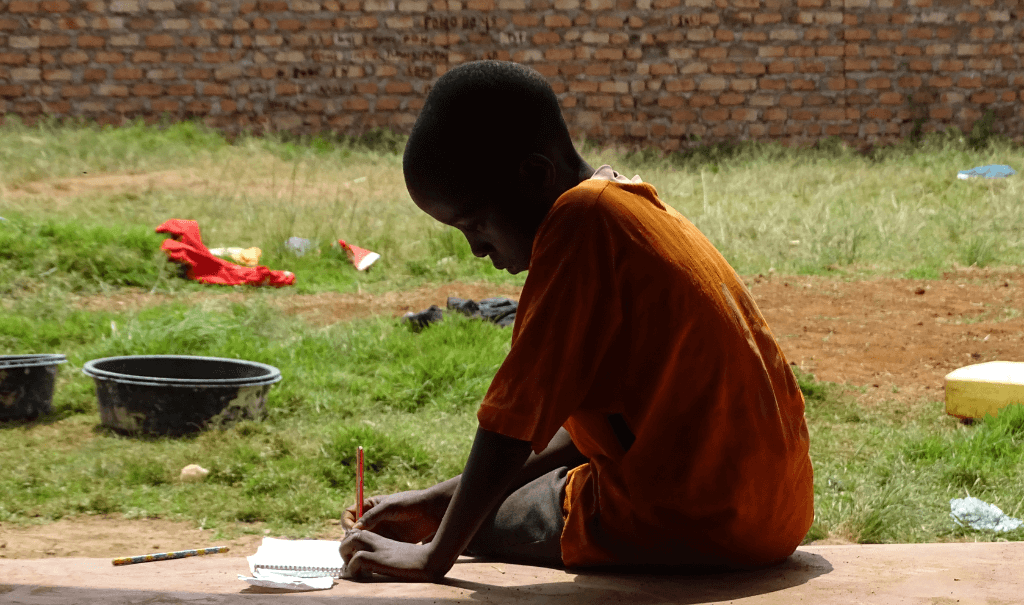
In Uganda, 80% of 6 to 12-year-olds attend primary school, and around 30% attend secondary school
Struggling kids face a conundrum: paying school fees gives them better prospects for future employment and a better life, but in order to make the payments, they may have no other option but to sell their bodies now.
Conversely, often, if children forgo the fees and drop out, their prospects for legitimate employment plummet, forcing kids into the arms of abusers to make ends meet.
2. Housing: he was trying to pay rent
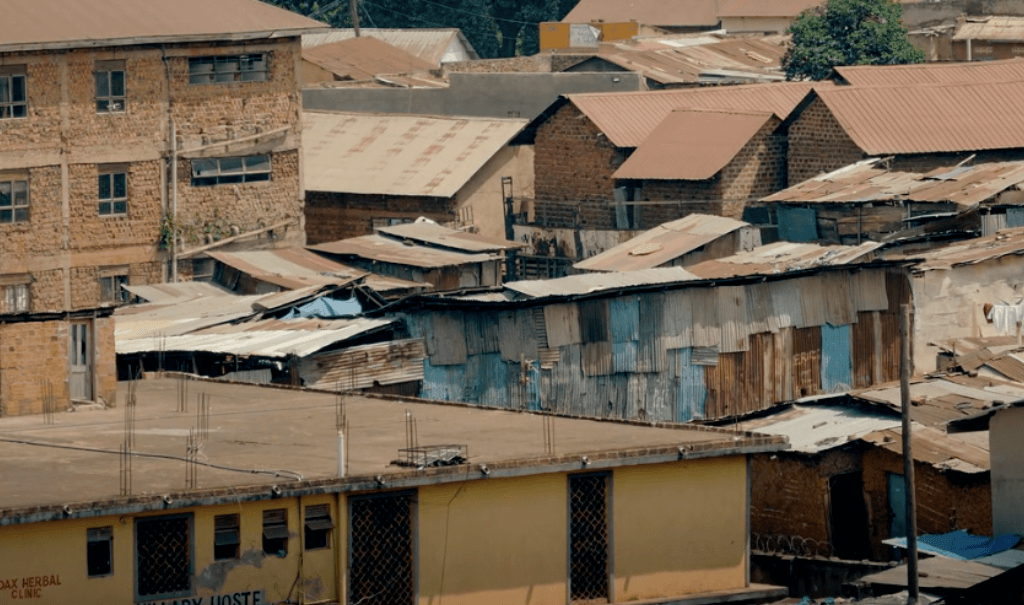
Homes in Uganda
Despite the meagre accommodations, landlords still charge rent in slums.
Without a stable source of income, keeping up with rent payments keeps some residents in a perpetual scramble to cover their next rent. What’s worse, some landlords know their tenants have no other options and force them to trade sex for rent.
Brothels will also lure in children who are on their own with the promise of a room before revealing what they must do to keep it.
Escaping the often unfair or unscrupulous housing arrangements in the slum can seem overwhelming. Prices in more respectable parts of the city are out of reach, forcing children to do what they must to keep a roof over their heads.
3. Medical care or items: she needed toiletries
Medical care can seem wholly out of reach to families balancing on a thin margin of financial stability. A single injury or sickness can be enough to topple the family into financial ruin.
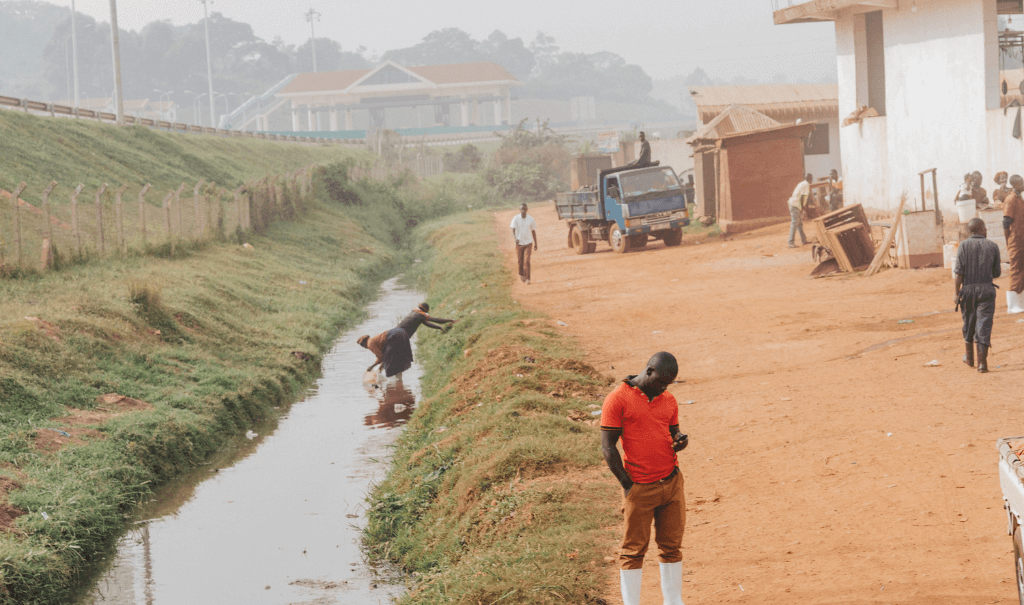
There is no national health insurance coverage in Uganda, although private health insurance does exist; health insurance coverage is estimated at less than 0.5% of GDP
The problem is twofold: if a parent is injured or becomes too sick to work, they desperately need medical care to recover. But because the injury prevents them from working, they not only have no money to see a doctor, they don’t even have enough to buy food. In such situations, the responsibility for providing for the family often falls to the eldest child.
It’s not just unexpected events that cause problems. Adolescents who can’t afford simple things such as feminine products must stay home from school, further deepening their dilemma.
4. Food: they were near starvation
The most basic need facing impoverished children is simple sustenance. If one or more of the above situations occurs, many children face the primary need to eat.
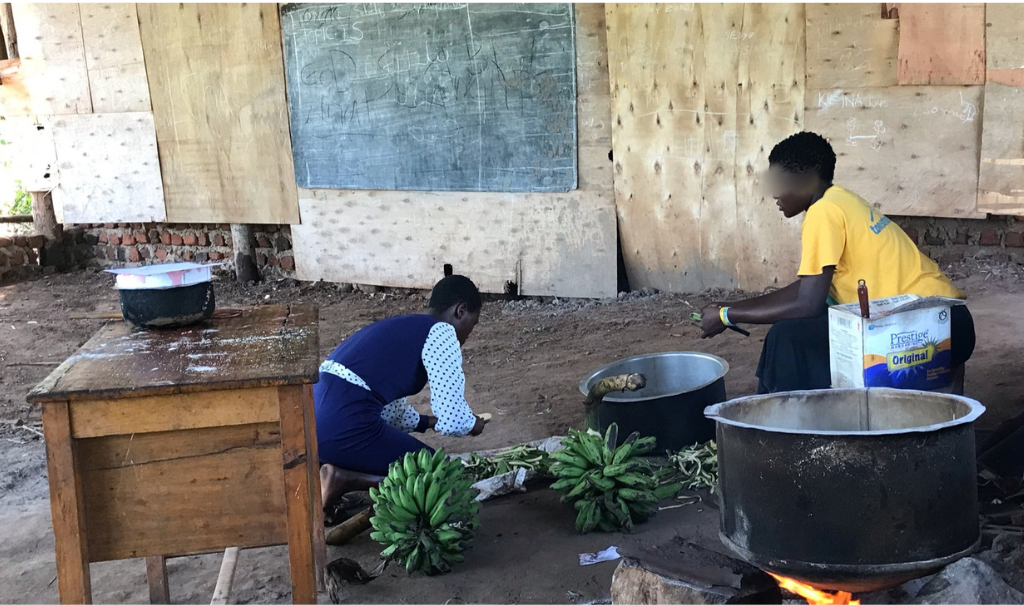
Cooking activities at a Destiny Rescue residential home in Uganda
Homeless children who haven’t eaten in days are far beyond worrying about school fees or rent payments. Desperate to just get their next meal, children in such acute poverty are often forced to sell themselves for only a few dollars. We’ve had several reports of kids who only sold themselves for enough money to buy a single meal.
While some children may face only one of these challenges, it’s far more common that they face a collage of economic difficulties that drive them to exploitation.
How we help
Considering all the individual factors in play, Destiny Rescue takes a multifaceted, personalised approach to each rescue. If the vulnerabilities the drove a child to sexual exploitation aren’t addressed, she hasn’t really been helped.
That looks different for each survivor. Survivors who’ve lost their parents need to be placed with a foster family, while others may have families that need help to become financially independent. Whatever the case, Destiny Rescue creates individualised Freedom Plans™ with the long-term goal that each of their survivors can stay free after rescue.
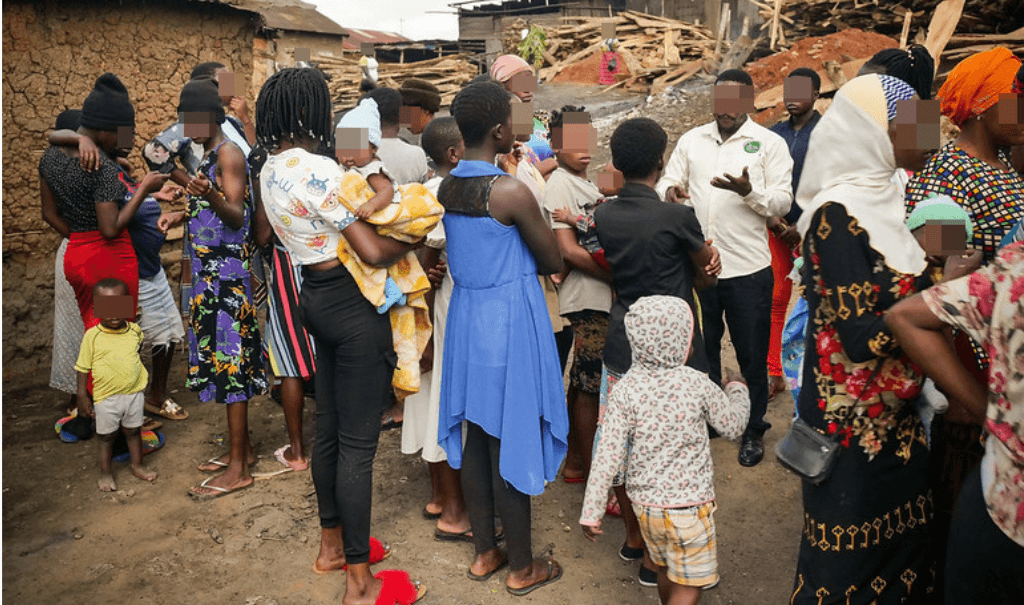
A Destiny Rescue agent talks to a group of teenage girls in a high-risk area about our program
Life after rescue can still be hard; there’s no easy answer for life in slums and extreme poverty. But with innovative economic solutions, groundbreaking counselling and the kind grace of God, we are slowly making a difference for these dear children.
Will you join us in becoming a Freedom Fighter help kids across the world?? Click the link below to start making a difference in the lives of exploited kids.
Donate with Confidence
The Child Rescue Charitable Aid Trust is a registered New Zealand charity: CC 50751. An Annual return is filed each year with Charities Services which is a NZ Government organisation under the Department of Internal Affairs. Annual reports to Charities Services can be viewed here. View our Financial Integrity webpage here.
Child Rescue is the New Zealand branch of the Destiny Rescue family, a global network of organisations. Our collective focus is to rescue children from sexual exploitation and human trafficking and support their long-term freedom.

 US & International
US & International Australia
Australia United Kingdom
United Kingdom